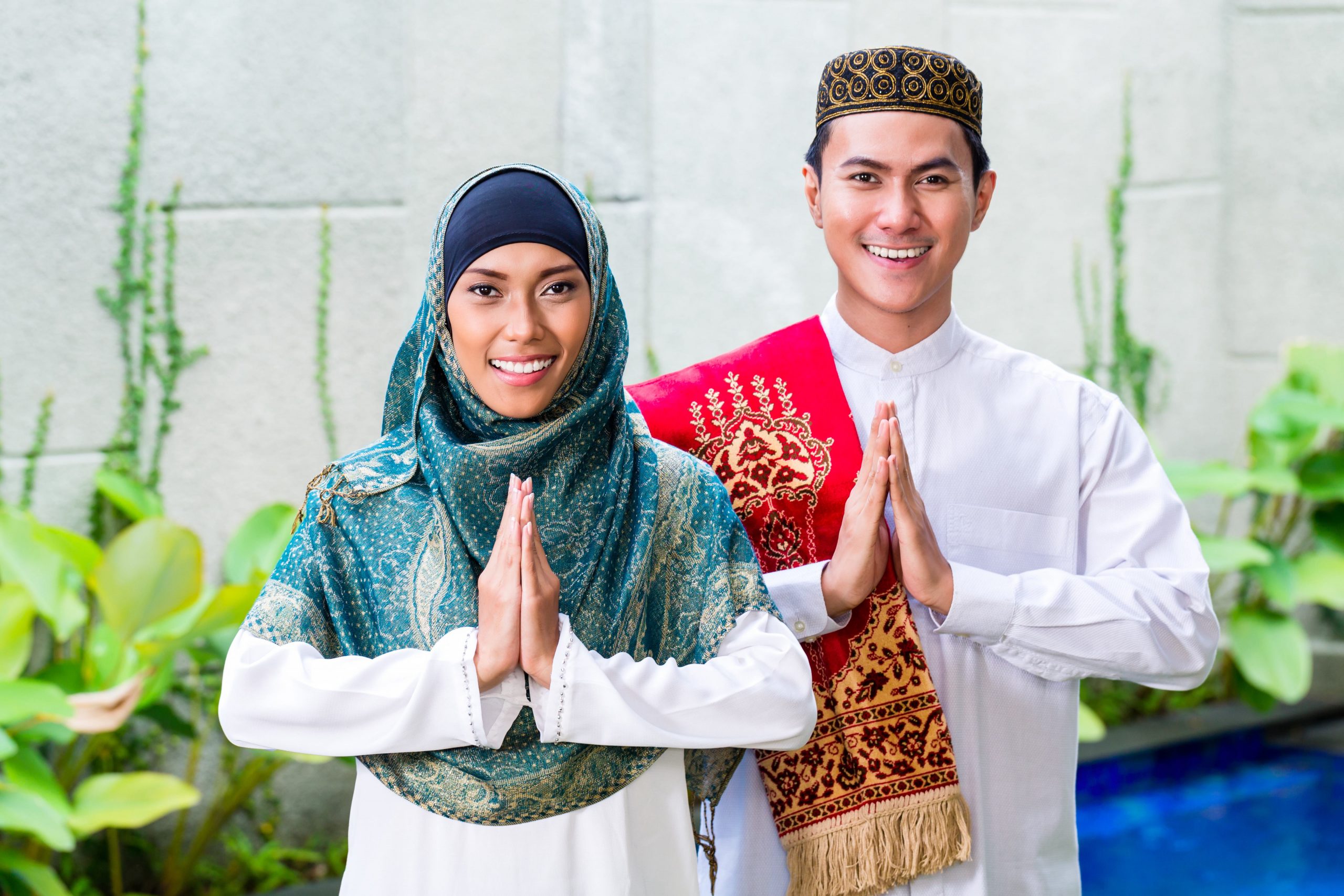
Introduction to Arranged Marriages
Arranged marriages have been a longstanding tradition in many cultures around the world. While they may seem foreign and archaic to some, arranged marriages continue to be practiced and cherished by millions of individuals. In this article, we will delve into the complexities of arranged marriages, exploring their cultural context, debunking myths surrounding them, and examining whether they truly lead to happier unions.
The Cultural Context of Arranged Marriages
Arranged marriages are deeply rooted in cultural traditions, particularly in countries such as India, Pakistan, and Bangladesh. In these societies, marriage is considered a union between not just two individuals, but also between two families. The emphasis lies on compatibility, shared values, and the long-term stability of the relationship. Unlike love marriages, where the focus is primarily on romantic feelings, arranged marriages prioritize factors such as social status, family background, and financial stability.
Debunking Myths About Arranged Marriages
Arranged marriages are often the subject of misconceptions and stereotypes. One common myth is that individuals in arranged marriages have no say in their partner selection. However, this is far from the truth. While the initial introduction is facilitated by family members or matchmakers, the final decision rests with the individuals involved. They have the freedom to accept or reject the proposed match based on their own judgement and compatibility.
Another misconception is that arranged marriages lack love and romance. Contrary to popular belief, love can and does develop in arranged marriages over time. It may take longer for love to blossom, but the foundation of trust and commitment established through the arranged marriage process can lead to deep and meaningful connections.
Insights from the Marriage Foundation Think-Tank
The Marriage Foundation think-tank conducted extensive research on the happiness levels of individuals in arranged marriages. Their findings challenge the notion that arranged marriages are inherently less happy than love marriages. The study, which involved over 15,000 mothers from various backgrounds, revealed that a higher percentage of mothers from Pakistani and Bangladeshi backgrounds described themselves as “very happy” in their relationships compared to “white” mothers. This indicates that arranged marriages can indeed lead to higher levels of satisfaction and contentment.
Case Studies: Arranged Marriages in Pakistani and Bangladeshi Communities
To gain a deeper understanding of the dynamics within arranged marriages, let us examine specific case studies from Pakistani and Bangladeshi communities. These two communities have a rich history of arranged marriages and offer valuable insights into the benefits and challenges of this tradition.
In the Millennium Cohort study, which followed the lives of thousands of children born in the UK, it was found that 99 percent of Pakistani mothers in arranged marriages reported being “very happy” in their relationships. This statistic is significantly higher than the 34 percent reported by “white” mothers in the same study. These findings suggest that arranged marriages can foster greater marital satisfaction within certain cultural contexts.
Arranged Marriages in Religious Communities: Muslim and Christian Perspectives
Arranged marriages are not limited to specific cultures but also have deep roots in religious communities. Both Muslim and Christian traditions have embraced the practice of arranged marriages, albeit with some variations in the process. In Muslim communities, arranged marriages are often facilitated by family members or trusted individuals, who take into consideration the compatibility of the couple’s religious beliefs and values. Similarly, some Christian denominations encourage arranged marriages to ensure shared faith and values within the marital union.
The Role of Family and Community in Arranged Marriages
One of the distinguishing features of arranged marriages is the involvement of family and community in the matchmaking process. While this may seem intrusive to some, it is seen as a valuable support system by those who practice arranged marriages. The family’s role extends beyond the initial match-making to providing guidance and support throughout the marriage, ensuring the couple’s long-term success.
Expert Opinions: Perspectives from a Former High Court Family Judge
To gain further insights into the complexities of arranged marriages, we turn to the perspectives of experts in the field. Sir Paul Coleridge, a former High Court Family Judge, acknowledges the benefits of arranged marriages in terms of stability and longevity. He highlights that arranged marriages often have lower divorce rates compared to love marriages, indicating a higher level of commitment and resilience.
Research Findings: Are Arranged Marriages Really Happier?
Numerous research studies have been conducted to evaluate the happiness levels and overall satisfaction of individuals in arranged marriages. Contrary to popular belief, these studies consistently indicate that individuals in arranged marriages report higher levels of happiness and marital satisfaction compared to those in love marriages. The University of Lincoln conducted a comprehensive study that analyzed data from thousands of couples. The findings revealed that arranged marriages tend to have lower divorce rates and higher levels of relationship quality.
The Impact of Arranged Marriages on Mental Health and Well-being
One important aspect to consider when examining the happiness levels within arranged marriages is the impact on mental health and well-being. Critics argue that the lack of choice and freedom in partner selection may lead to feelings of resentment and unhappiness. However, studies have shown that individuals in arranged marriages often experience lower levels of anxiety and depression compared to those in love marriages. The stable foundation established through the involvement of families and communities can provide a sense of security and support, contributing to better mental health outcomes.
Arranged Marriages vs. Love Marriages: A Comparative Analysis
It is essential to acknowledge that both arranged marriages and love marriages have their own set of advantages and disadvantages. Love marriages thrive on the foundation of emotional connection and personal choice, while arranged marriages prioritize compatibility and long-term stability. The success of a marriage ultimately depends on the individuals involved and their willingness to invest in the relationship, regardless of the method of partner selection.
The Role of Education in Changing Attitudes Towards Arranged Marriages
Attitudes towards arranged marriages have been gradually evolving, particularly among younger generations. Education plays a crucial role in challenging stereotypes and promoting a more nuanced understanding of this practice. As individuals become more exposed to diverse cultural and relational perspectives, they may develop a greater appreciation for the values and benefits associated with arranged marriages.
Insights from the University of Lincoln Study
The University of Lincoln study mentioned earlier provides further insights into the changing attitudes towards arranged marriages. The research revealed that younger individuals from cultural backgrounds that traditionally practice arranged marriages are increasingly open to the idea of finding a partner through a combination of arranged and love-based methods. This demonstrates a shift towards more flexible and adaptable approaches to partner selection.
Conclusion: Understanding the Complexities of Arranged Marriages
Arranged marriages are a complex and multifaceted institution that cannot be easily generalized or dismissed. They are deeply embedded in cultural and religious traditions, offering a unique approach to finding life partners. While arranged marriages may not be suitable for everyone, it is essential to approach them with an open mind and a willingness to understand the cultural and historical contexts that shape this practice. By doing so, we can appreciate the diverse ways in which love and happiness can be cultivated within the framework of arranged marriages.
CTA:
If you found this article insightful, we encourage you to continue exploring the fascinating world of relationships and marriage. Whether you prefer love marriages or are curious about arranged marriages, there is much to learn from different approaches to finding lifelong companionship. Remember, the key to a happy and fulfilling marriage lies in mutual respect, understanding, and a commitment to growth.
References
- Marriage Foundation. (2016). Marriage Foundation. [online] Available at: https://marriagefoundation.org.uk/ [Accessed 13 Jun. 2021].
- Office of the Children’s Commissioner. (2014). Realising the potential: Final report on the independent inquiry into child sexual exploitation in gangs and groups. London: Office of the Children’s Commissioner.
- University of Lincoln. (2016). Attitudes to arranged marriage. [online] Available at:https://www.lincoln.ac.uk/news/2016/03/1197.asp [Accessed 13 Jun. 2021].
- Millennium Cohort Study. (2013). Growing up in the UK, 2000-2012: The millennium cohort study. London: Centre for Longitudinal Studies, Institute of Education, University of London.
- Coleridge, S.P. (2015). Marriage and the Public Good: Ten Principles. London: Civitas.

